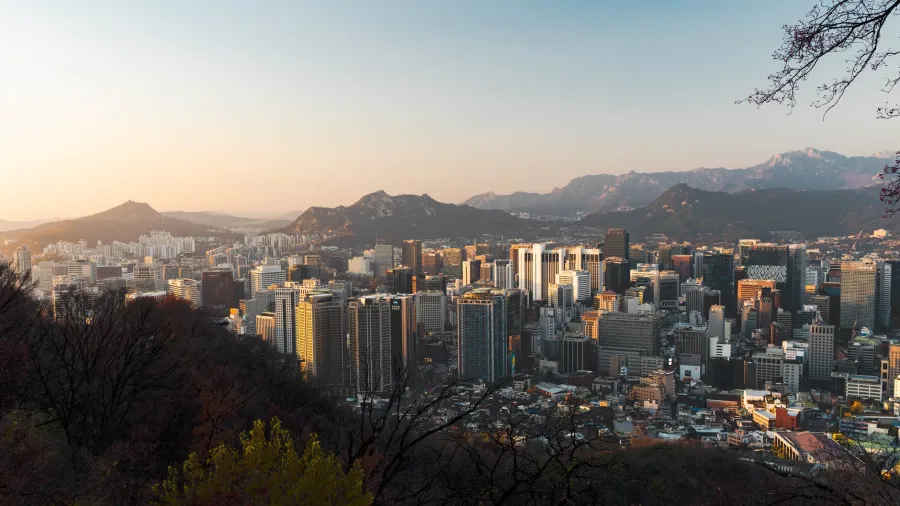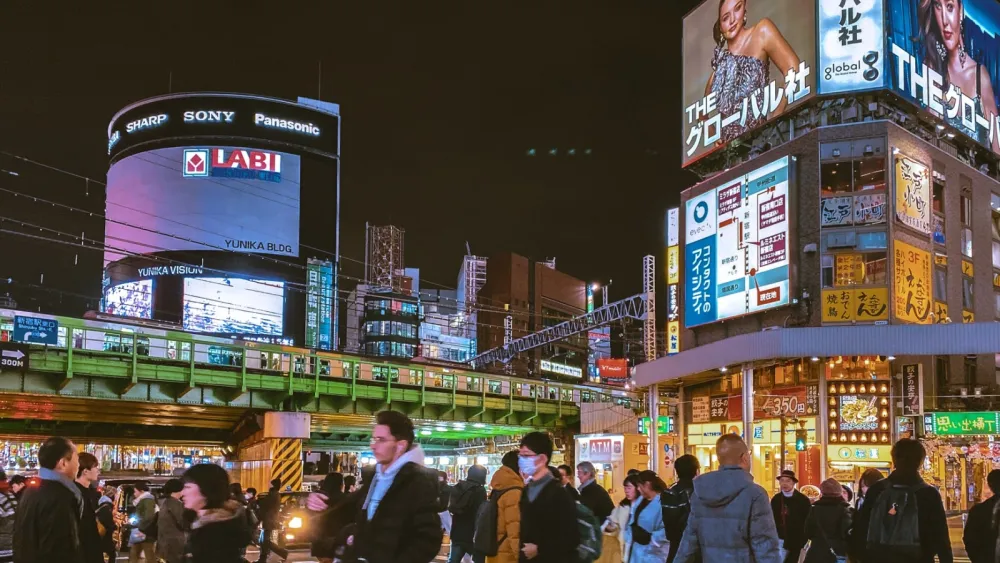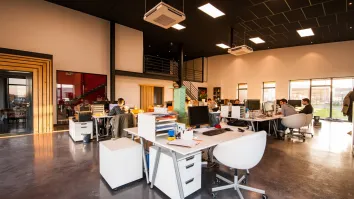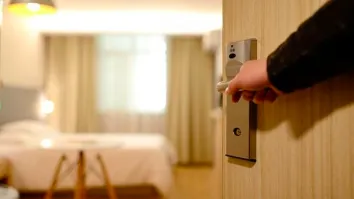
What is 'jeonse' and how are South Korean landlords using it to improve their ROI?
It serves as a leverage tool that reduces the amount of equity landlords need to acquire assets.
Savills reveals a key characteristic unique to Korea’s housing market is “jeonse”, which means tenants pay a lump-sum refundable deposit at the beginning of the lease contract period and pay no or small monthly rental payments.
On expiry of the lease contract period, Savills notes this original lump-sum deposit is fully refunded to the tenant. This is in contrast to most leasing markets worldwide, commonly comprised of monthly rental payments in addition to a security deposit (equal to one to three times the monthly rent) used to cover any missed rental payments or restoration of damaged areas.
Here’s more from Savills:
However, due to record-low interest rates, most landlords do not put the tenant’s security deposit into their bank savings, but rather add the funds with their own equity capital to finance asset acquisitions. In other words, jeonse has become a leverage tool that can effectively reduce the amount of equity required for the acquisition of the base asset.
Despite there being no operating income due to a lack of regular monthly rental receipts from the tenant, the security deposit decreases required initial equity and thus improves the overall rate of return on investment.
Since jeonse is essentially a form of rent, when monthly rents rise, jeonse and sales prices consequently follow upward. Therefore, when sales prices are flat, landlords will be incentivized to raise jeonse prices due to lower expectations for the capital gain on exit. (Please refer to below graph). If jeonse prices converge with sales prices, market participants will choose to purchase rather than lease by paying jeonse, driving up sales prices further.
As a result, Korea’s housing market remains unstable due to the relationship between jeonse and sales prices. The only solution that can effectively curb prices is adding substantial new supply to the market. The fundamental problem spurring soaring prices may be the limited supply of housing in the nation’s capital which is home to 10 million people.
In Q2/2021, jeonse and sales prices rose by 19.5% and 17.9% year-on-year, respectively. The significant uptick in jeonse may be analyzed as an outcome of continued limited supply and new real estate policies announced in July 2020. The Housing Lease Protection Act (which caps the rate of rent increase at 5% upon lease contract renewal) has had the unintended effect of dramatically increasing jeonse prices for new tenants.
As the supply shortage cannot be resolved in the short term, both jeonse and sales prices are anticipated to soar in the short- to mid-term. As a result, tenants are increasingly likely to settle away from the city-center, triggering a ripple effect to the outer districts.



















 Advertise
Advertise





